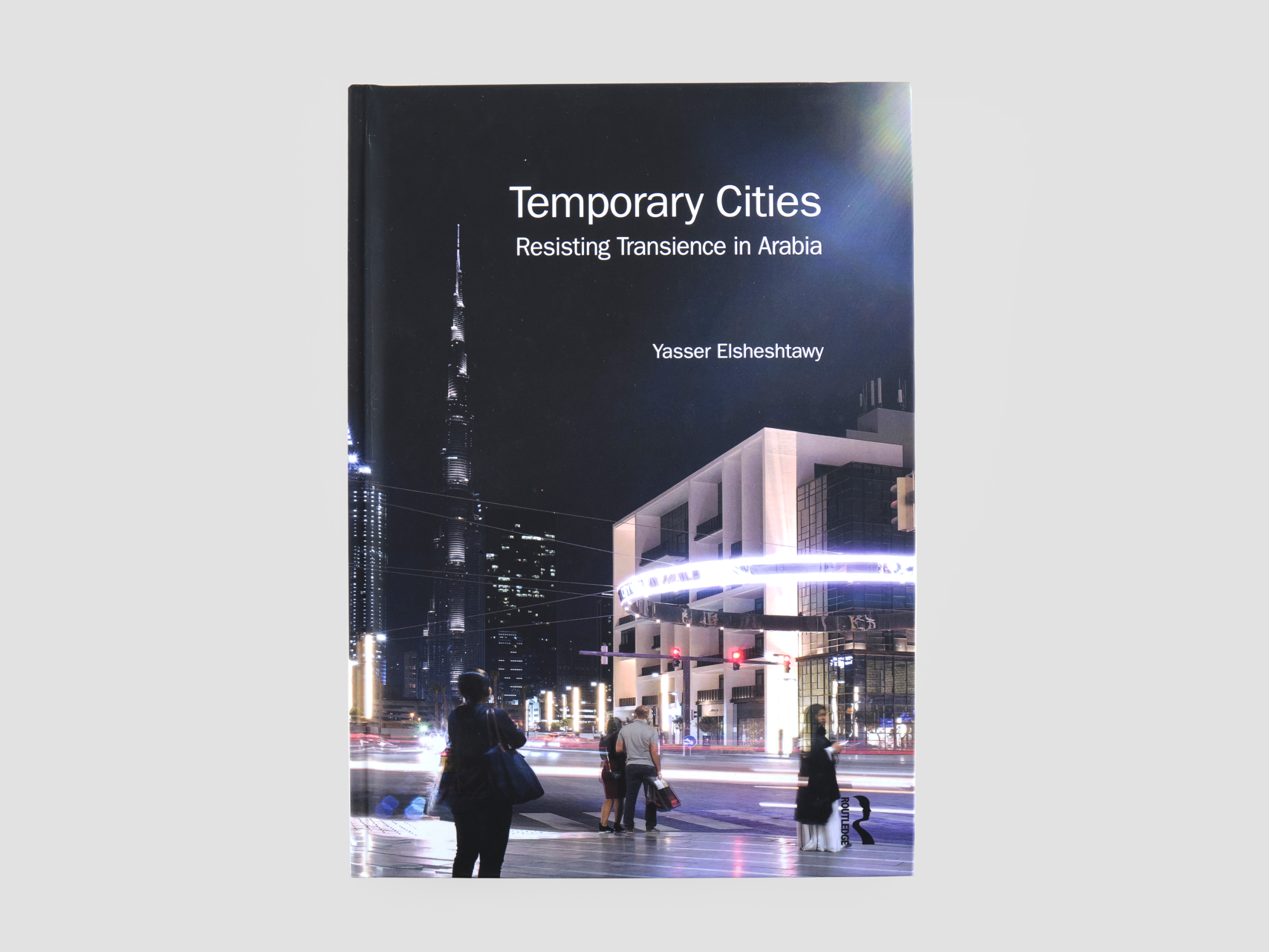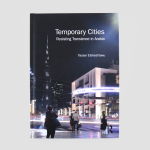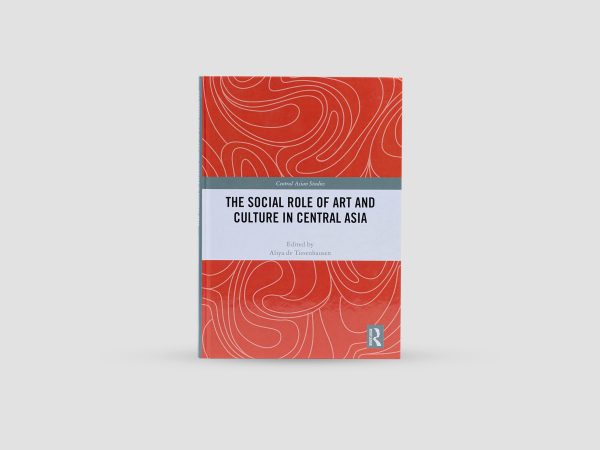Can a city whose very existence is predicated on an imported labour force that builds and operates these gleaming urban centres remain a viable urban entity?
In this wide-ranging book, Yasser Elsheshtawy takes on these tough but necessary questions, aiming to examine the very nature of the Arab Gulf city and whether it can sustain its existence throughout the twenty-first century. Having lived in the region for more than two decades, he researched its marginalised and forgotten urban settings, trying to understand how a temporary people can live in a place that inherently refuses to give them the possibility of becoming citizens. By being embedded in these spaces and reconciling their presence with his own personal encounters with transience, he discovered a resilience and defiance against the forces of the hegemonic city.
The stories of these temporary inhabitants, recounted in this book through case studies and in-depth analysis, give hope to cities everywhere. The actions of citizens, residents and migrants show us that the future metropolis may very well not turn out to be a ‘utopia of the few and a dystopia of the many.’
About the Author
Yasser Elsheshtawy is an independent scholar, an Adjunct Professor of Architecture at Columbia University’s Graduate School of Architecture, Planning and Preservation and Non-Resident Fellow at the Arab Gulf States Institute in Washington, DC. He has authored a series of books and publications, and his blog dubaization has been hailed by The Guardian as one of the most notable city blogs in the world.
About the Publisher
Founded in 1836, Routledge has published many of the greatest thinkers and scholars of the last 100 years, including Adorno, Einstein, Russell, Popper, Wittgenstein, Jung, Bohm, Hayek, McLuhan, Marcuse and Sartre. Today, Routledge is the world’s leading academic publisher in the humanities and social sciences, publishing thousands of books and journals each year and serving scholars, instructors and professional communities worldwide.





